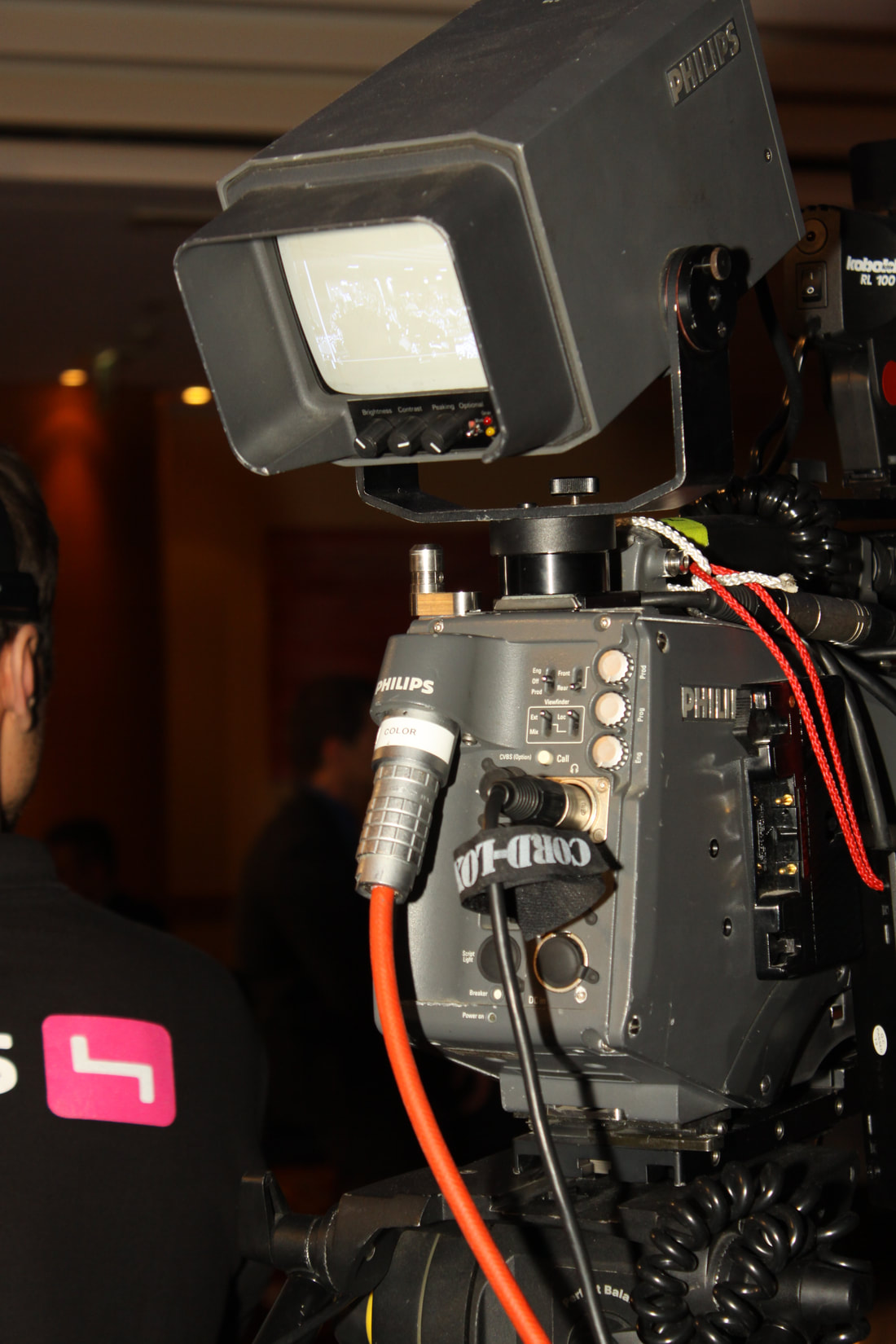| Viewers of the nearly 200 television stations owned by the Sinclair Broadcast Group, including Channel 2 in the Salt Lake market, probably didn’t think much recently when they saw news anchors in promotional spots saying something like, “…we’re concerned about the troubling trend of irresponsible, one sided news stories plaguing our country.” But if they were paying attention, they may have heard echoes from the White House when the anchors went on to say, “More alarming, some media outlets publish these same fake stories… stories that just aren’t true, without checking facts first.” “Fake stories.” There’s that phrase that has become virtually meaningless in public discourse today, other than to identify something someone didn’t like to hear — all while, like a silent, freedom-eating bacteria, eroding faith in almost everything people hear. The promo didn’t get specific about the identities |
| | of “some media outlets.” But then the anchors went on to say something like, “Unfortunately, some members of the media use their platforms to push their own personal bias and agenda to control ‘exactly what people think’…” Again, no specifics were offered; no context with which to understand who is attempting such mind control. But since this was a local television station, primarily devoted to reporting local news, one could assume the reference was to other local news outlets. This was followed by the anchors insisting their station was dedicated to “factual reporting,” and asking viewers to let them know if they ever “fall short” of that goal. People rarely watch more than one station in one market at a time, so the context of all this was missing. Until, that is, CNN’s Brian Stelter broke the news that Sinclair had instructed anchors at its stations nationwide to read the promo. That’s when the picture came into focus. This was a media behemoth with an agenda — one that, CNN reported, makes many of its employees feel uneasy. The above script was transcribed by thinkprogress, based on a promo that aired on a Sinclair station in Seattle. But it could have come from almost any market in the country, including this one. Deadspin.com soon published a video mashup of anchors nationwide saying the same thing, over and over. Watching it, I couldn’t help hearing an old journalism professor of mine in my head. “Follow the money,” he was saying. In this case, it’s worth noting Sinclair is seeking federal approval to acquire Tribune Media, owners of an additional 42 stations in 33 markets. A year ago, the New York Times reported that Sinclair’s top executive invited Trump’s appointee to head the FCC to company headquarters in an effort to get him to ease up on regulations that might come in the way of the company’s expansion plans. Not insignificantly, the president tweeted Tuesday that “’The “Fakers’ at CNN, NBC, ABC & CBS” were worried about competition from Sinclair; a reference, no doubt, to the flap over these promos. Sounds like he’s pleased with Sinclair. For its part, Sinclair issued a statement responding to the criticism, saying in part, “The promos served no political agenda, and represented nothing more than an effort to differentiate our award-winning news programming from other, less reliable sources of information.” It referenced a Monmouth University poll that found 77 percent of Americans believe fake news is reported occasionally. The statement also noted, correctly, that the promos refer to the sharing of “biased and false news” on social media, but seemed to imply social media was the thrust of the scripts. It wasn’t. Mind control by “some members of the media,” and outlets that don’t check facts were far more attention grabbing. Alliance for a Better Utah, a non-profit watchdog, blasted KUTV for the promos, saying, “It’s extremely concerning that our local news is being co-opted for political purposes.” That goes to the heart of what ought to bother Americans. I get that a news outlet would like to position itself as better than all the rest. Promotion is a necessary part of any business, and few businesses are as competitive as this one. But an editorial in the Orange County Register, itself a conservative-leaning paper, said it best when it noted the script, “specifically calls out everyone else that reports the news in this country with the apparent exception of Sinclair as publishers of ‘fake news.’” That’s a confusing charge in an age when the Internet and the airways are cluttered with news in various forms and when, like it or not, mainstream outlets still provide the most reliable and trustworthy information. You want fact checking? Come to our newsroom any day of the week and watch people work. Or perhaps Sinclair has specific outlets and specific examples in mind. “If the company has that news, then report it,” the Register said. Amen to that. |


 RSS Feed
RSS Feed

